Panpsychism: Books
Further resources, if available, can be found in our full bibliography.
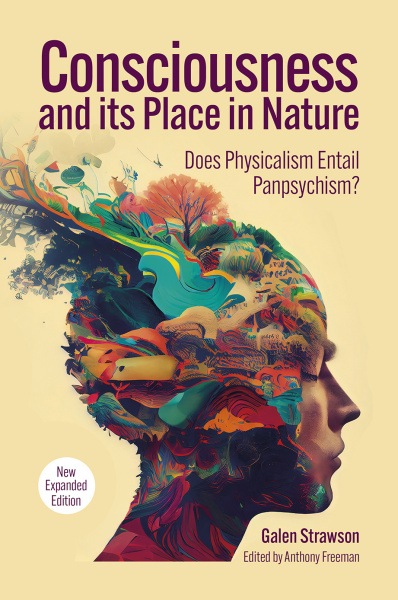
Consciousness and Its Place in Nature: Does Physicalism Entail Panpsychism?
Galen Strawson
Imprint Academic [2006]
2024 (Second edition)
Panpsychism is the philosophical view that consciousness, mentality, or “mindedness” in some form is fundamental in the universe. The idea has existed for centuries, but only recently has it had a serious resurgence, with Galen Strawson being at the forefront since the 1990s. His paper on “realistic monism,” contained in this volume and originally published in 2006, is now considered something of a classic and a catalyst for panpsychism’s recent revival. This long overdue new edition of the book gives the original commentators, where they feel they have something more to add, an opportunity to update their thinking on the topic of panpsychism in general and Strawson’s realistic monism in particular. Seven new postscripts are included, which aim to enhance the original collection and push the discussion onwards. Eighteen years have passed since the first edition of this groundbreaking volume, and Strawson remains a distinctive and important voice in the field–the new edition is a must-read for all who are interested in consciousness studies.
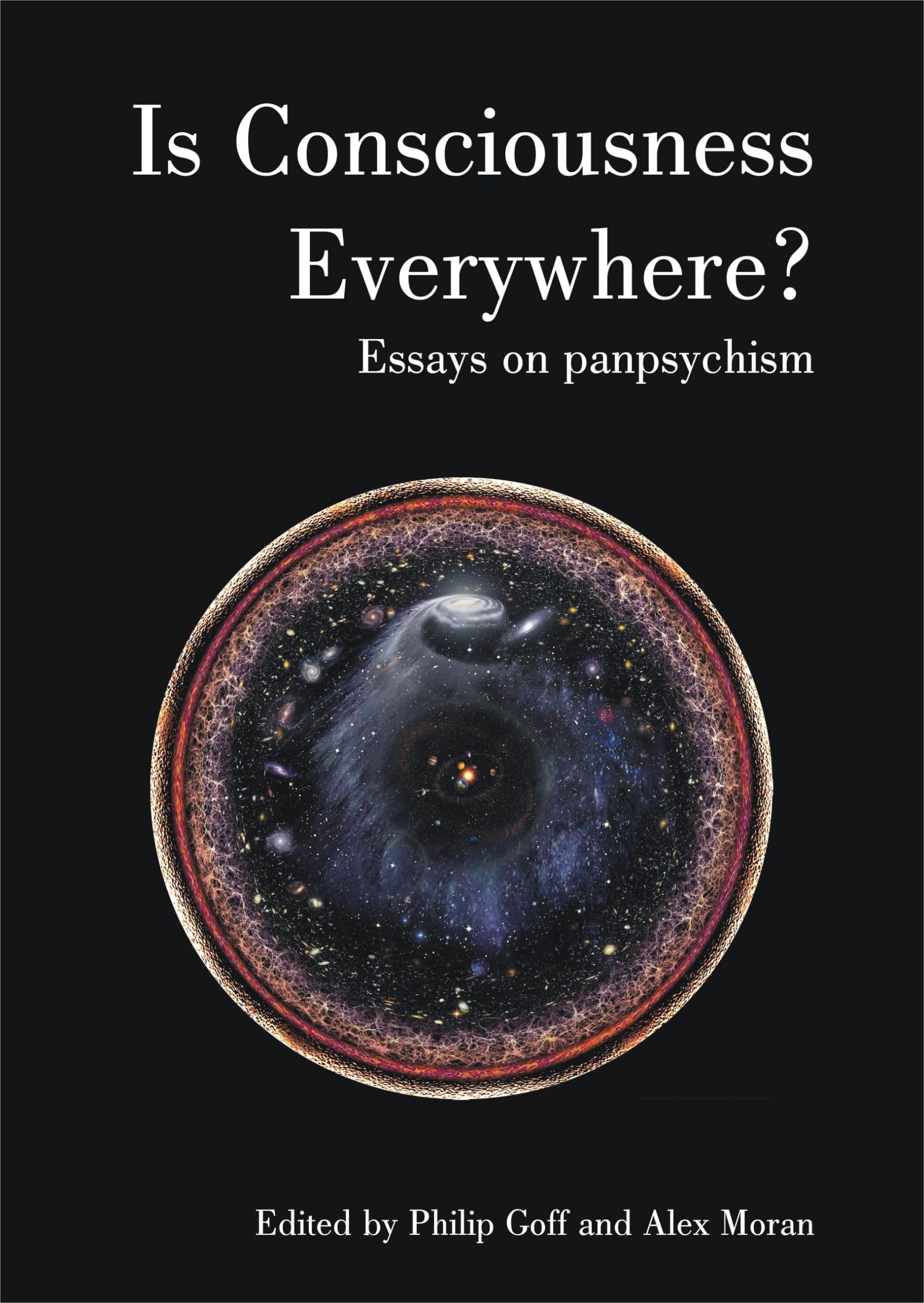
This volume, originally a special issue of the Journal of Consciousness Studies, uses the recent writings of Philip Goff as a jumping-off point for discussions of panpsychism―the idea that consciousness is a fundamental and pervasive aspect of the universe that cannot be understood in other, more basic, terms. The contributors to this book explore various issues of panpsychism from the perspectives of science, philosophy, and theology. Some papers focus on further motivating and developing the panpsychist position. Others explore various challenges that the panpsychist faces. Collectively, they shed new and important light not only on panpsychism, but on the fundamental question of the place of consciousness in nature more generally.
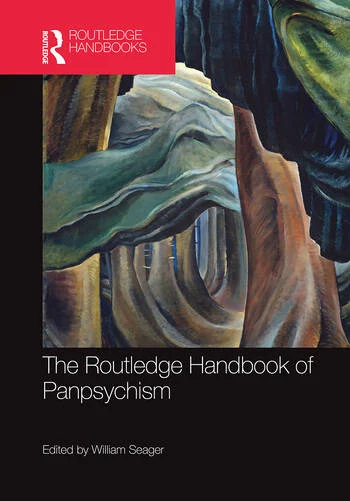
This handbook of 28 essays by leading researchers of panpsychism offers comprehensive coverage, interdisciplinary approach, contemporary relevance, critical analysis, and contribution to scholarly inquiry into the nature of consciousness and the mind.
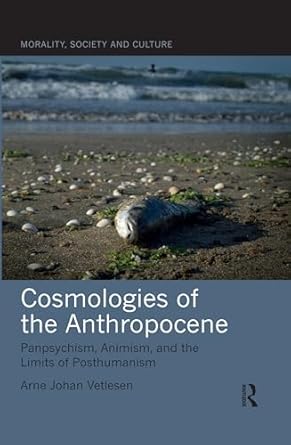
Cosmologies of the Anthropocene: Panpsychism, Animism, and the Limits of Posthumanism
Arne Johan Vetlesen
Routledge
2020
This book engages with the classic philosophical question of mind and matter, seeking to show its altered meaning and acuteness in the era of the Anthropocene. Arguing that matter, and, more broadly, the natural world, has been misconceived since Descartes, it explores the devastating impact that this has had in practice in the West. As such, alternatives are needed, whether philosophical ones such as those offered by figures such as Whitehead and Nagel, or posthumanist ones such as those developed by Barad and Latour. Drawing on recent anthropological work ignored by philosophers and sociologists alike, the author considers a radical alternative cosmology: animism understood as panpsychism in practice. This understanding of mind and matter, of culture and nature, is then turned against present-day posthumanist critiques of what the Anthropocene amounts to, showing them up as philosophically misguided, politically mute, and ethically wanting. A reconceptualization of the natural world and how humans treat it, Cosmologies of the Anthropocene will appeal to scholars of sociology, social theory, philosophy and anthropology with interests in their understanding of and relationship with nature.
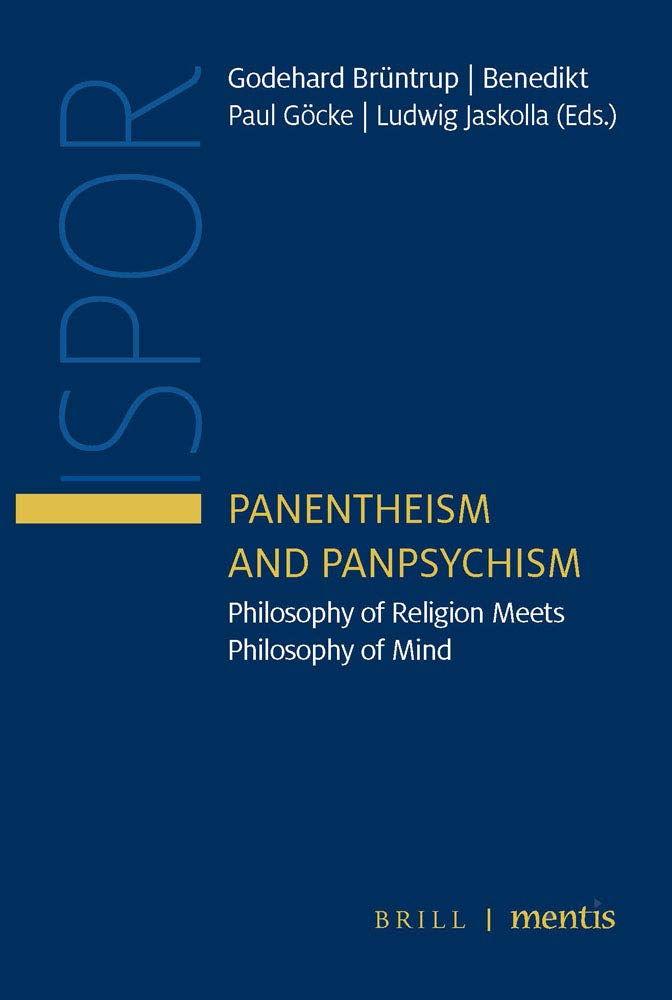
Panentheism and Panpsychism: Philosophy of Religion Meets Philosophy of Mind
Godehard Brüntrup, Benedikt Paul Göcke, and Ludwig Jaskolla
Brill
2020
Panpsychism has become a highly attractive position in the philosophy of mind. In panpsychism, both the physical and the mental are inseparable and fundamental features of reality. Panentheism has also become immensely popular in the philosophy of religion. Panentheism strives for a higher reconciliation of an atheistic pantheism, on which the universe itself is causa sui, and the ontological dualism of necessarily existing, eternal creator and contingent, finite creation. Historically and systematically, panpsychism and panentheism often went together as essential parts of an all-embracing metaphysical theory of Being. The present collection of essays analyses the relation between panpsychism and panentheism and provides critical reflections on the significance of panpsychistic and panentheistic thinking for recent debates in philosophy and theology.
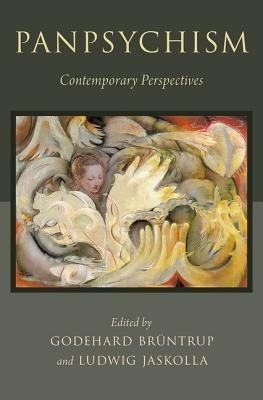
Panpsychism: Contemporary Perspectives
Godehard Brüntrup, Ludwig Jaskolla
Oxford University Press
2016
Recent debates in philosophy of mind seemingly have resulted in an impasse. Reductive physicalism could not account for the phenomenal mind, and non-reductive physicalism could not safeguard a causal role for the mental as mental. Dualism was considered the only alternative, but it exacerbates the problem of mental causation and seems to be a position that is hard to square with a naturalist evolutionary framework. In 1979, Thomas Nagel argued that if reductionism and dualism fail, and a non-reductionist form of strong emergence cannot be made intelligible, then panpsychism may be viable. It was not until David Chalmers’s The Conscious Mind in 1996 that debates on panpsychism entered the philosophical mainstream. Since then the topic has been growing rapidly, and some leading philosophers of mind as well as some scientists have argued for panpsychism.
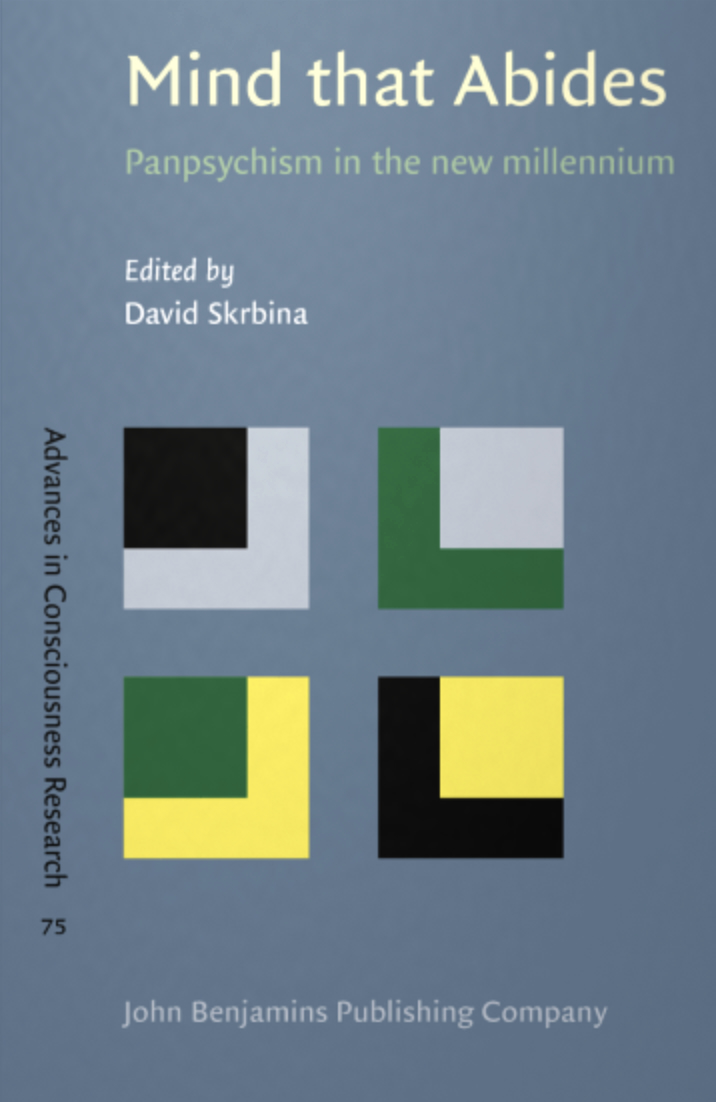
Mind that Abides: Panpsychism in the New Millennium
David Skrbina
John Benjamins Publishing Company
2009
Panpsychism is the view that all things, living and nonliving, possess some mind-like quality. It stands in sharp contrast to the traditional notion of mind as the property of humans and (perhaps) a few select so-called higher animals. Though surprising at first glance, panpsychism has a long and noble history in both Western and Eastern thought. Overlooked by analytical, materialist philosophy for most of the 20th century, it is now experiencing a renaissance of sorts in several areas of inquiry. A number of recent books–including Skrbina’s Panpsychism in the West (2005) and Strawson et al.’s Consciousness and its Place in Nature (2006)–have established panpsychism as respectable and viable. Mind That Abides builds on these works. It takes panpsychism to be a plausible theory of mind and then moves forward to work out the philosophical, psychological and ethical implications. With 17 contributors from a variety of fields, this book promises to mark a wholesale change in one’s philosophical outlook.
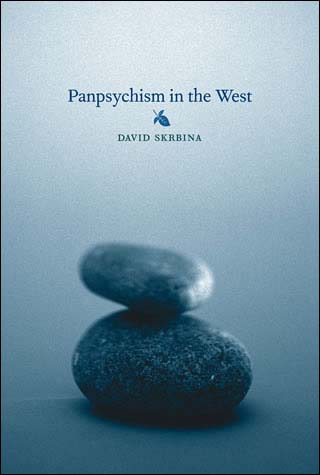
David Skrbina’s Panpsychism in the West provided the first comprehensive examination of the historical development and contemporary manifestations of panpsychism within Western philosophy when originally released in 2005. Skrbina traces the roots of panpsychist thought from ancient Greece through the modern era, exploring how various philosophers have grappled with the idea that consciousness is a fundamental aspect of the universe. By analyzing key thinkers and their contributions to panpsychist thought, the book offers a thorough understanding of this philosophical perspective and its significance in Western intellectual history.
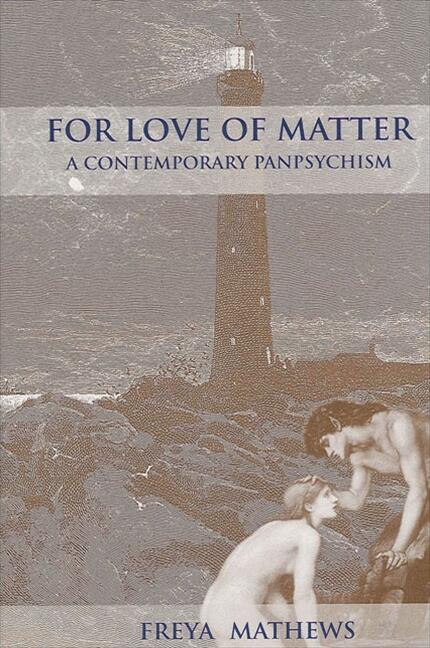
In For Love of Matter, Freya Mathews challenges basic assumptions of Western science, modern philosophy, and environmental philosophy, arguing that the environmental crisis is a symptom of a larger metaphysical crisis. Western science rests on the premise that the world is an inert backdrop to human presence rather than a communicative presence in its own right, one capable of dialogical congress with us. Mathews explores the transformative effects of a substitution of the latter, panpsychist premise for the former, materialist one. She suggests that to exist in a dialogical modality is to enter an expanded realm of eros in which the self and world are mutually kindled into a larger, more incandescent state of realization. She argues that any adequate philosophical response to the so-called “environmental crisis” cannot be encompassed within the minor discipline of environmental philosophy but must instead address the full range of existential questions.
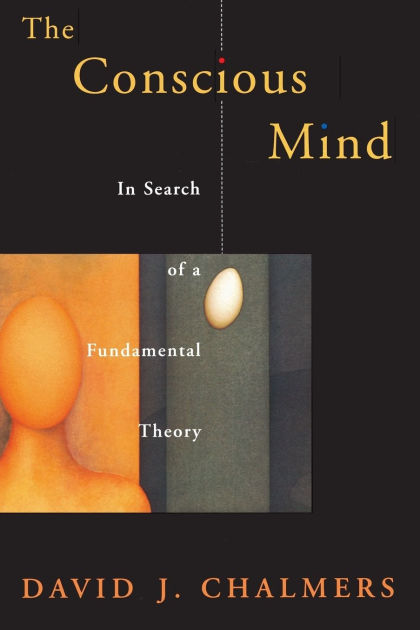
This book initiated debates on panpsychism within the philosophical mainstream. Writing in an accessible yet thought-provoking style, David Chalmers takes readers on a far-reaching tour through the philosophical ramifications of consciousness. Throughout the book, Chalmers provides fascinating thought experiments that trenchantly illustrate his ideas, as well as thoughtful discussions of how his theories might be practically applied to subjects as diverse as artificial intelligence and the interpretation of quantum mechanics.
Photo Credit: Fabrizio Conti/Unsplash